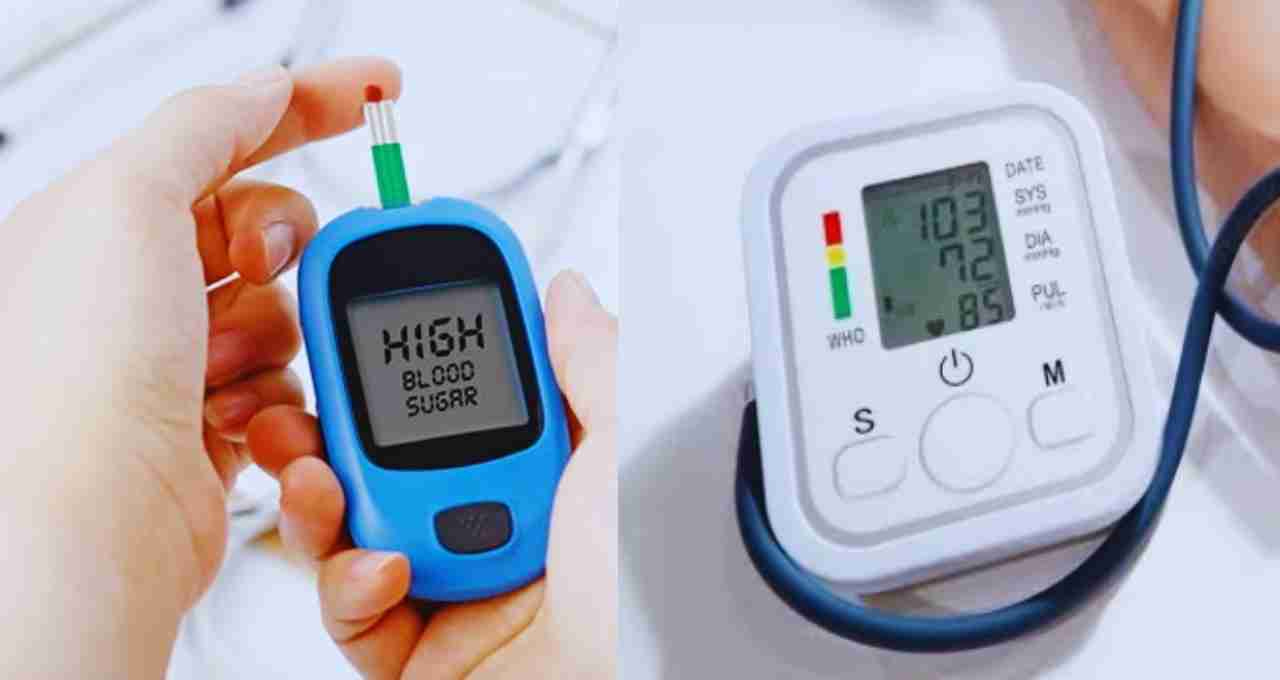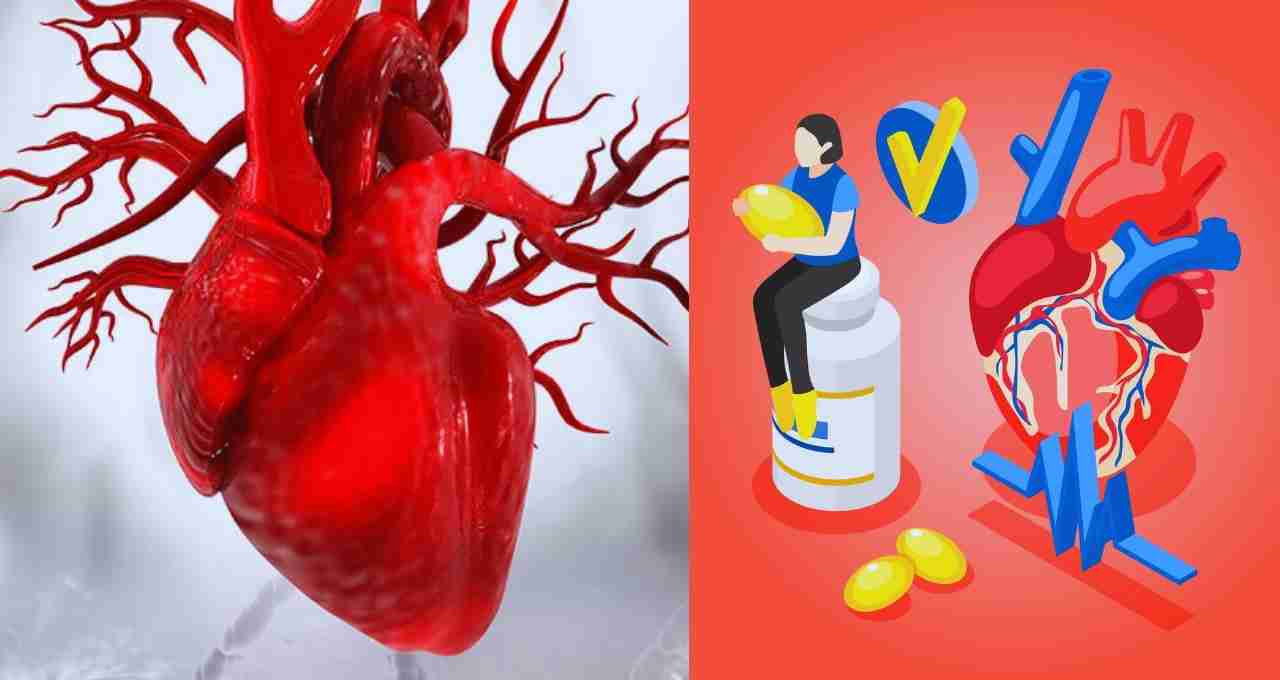In today's fast-paced life, we often become careless about our health. Amidst work pressure, stress, and the increasing engagement with mobile phones and the internet, our sleep is the first thing to be affected. But did you know that not only sleeping less but also sleeping more than necessary can be harmful to your health? Let's find out how sleep and health are deeply connected and why sleeping more than 9 hours can be dangerous for you.
Why is Proper Sleep Necessary?
Sleep is the natural process in which our body and mind both repair themselves. While sleeping at night, our body creates new cells, toxic substances accumulated in the brain are released, and the immune system becomes ber. Therefore, taking regular and adequate sleep is essential for health. According to scientists, adults should sleep for 7 to 8 hours daily. This gives the body adequate rest and makes you feel energetic the next morning.
Disadvantages of Sleeping Less: Adverse Effects on Health

Nowadays, many people sleep less than 7 hours. This habit directly affects health. Lack of sleep causes imbalance in body's BP, sugar, and hormones. This increases the likelihood of diabetes, heart disease, obesity, and mental stress. If you consistently sleep less, your immunity becomes weak, increasing the risk of infections and diseases. Staying awake for more than 24 hours affects brain function, reduces concentration, and deteriorates mental health.
The Danger of Sleeping More Than 9 Hours: Is Too Much Sleep Really Harmful?
Generally, it is believed that the more you sleep, the better your health. But new research shows that people who sleep more than 9 hours a day have a 34% increased risk of death. This means that sleeping too much can be as dangerous for your health as sleeping too little. This risk of excessive sleep occurs due to several reasons. Sleeping for extended periods can weaken the body's muscles, increase obesity, and, in some cases, increase the risk of heart disease. Therefore, excessive sleep can also harm health.
Sleep and Mental Health: A Deep Connection
Sleep is also essential for our mental health. When sleep is not complete, problems like stress, anxiety, and depression increase. At the same time, the brain's ability to think and understand decreases. With less sleep, mood swings, irritability, and negative thoughts also increase. On the other hand, getting proper sleep keeps the mind fresh, improves memory, and keeps the mind happy. Therefore, regular and balanced sleep is essential for mental health.
Diseases Caused by Lack of Sleep

Lack of sleep is directly linked to several serious diseases:
- Diabetes: Less sleep reduces insulin sensitivity, which disrupts blood sugar control.
- Heart Disease: Lack of sleep increases blood pressure and increases the risk of heart diseases.
- Cholesterol Imbalance: Poor sleep increases cholesterol levels, which can damage arteries.
- Psychological Problems: Increased risk of depression, anxiety, and stress.
Essential Tips to Get Good Sleep
To maintain your health and improve the quality of sleep, it is important to adopt some habits:
- Sleep and Wake Up on Time — Make it a habit to sleep and wake up at the same time every day.
- Reduce Screen Time Before Sleeping — Blue light emitted from mobile and computer screens interferes with sleep.
- Do Yoga and Pranayama — These not only reduce mental stress but also improve sleep quality.
- Avoid Caffeine and Heavy Meals — Taking caffeine or heavy meals in the evening can disrupt sleep.
- Create a Quiet and Dark Environment — Keep the bedroom quiet, dark, and cool.
There is a deep and invaluable relationship between sleep and health. Neither sleeping less nor sleeping more than necessary is right. According to experts, 7 to 9 hours of sleep is considered suitable for a healthy life. Therefore, take time for regular sleep in your daily life and take full care of your health.















